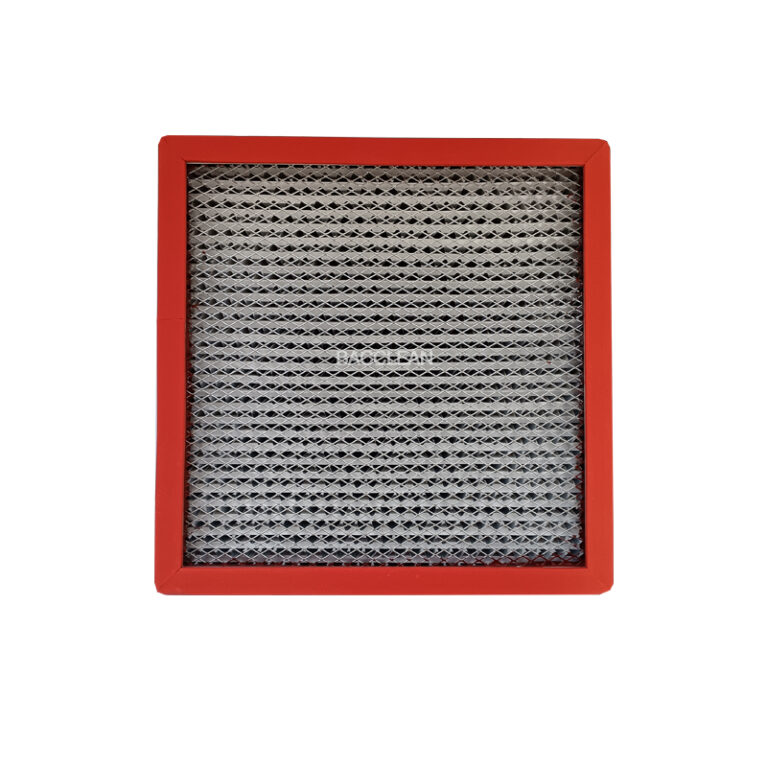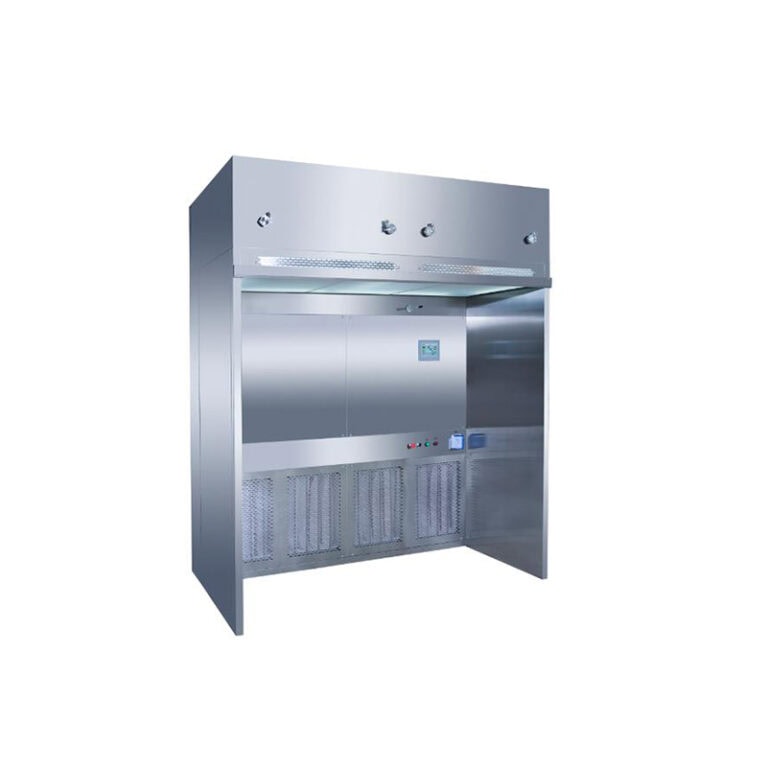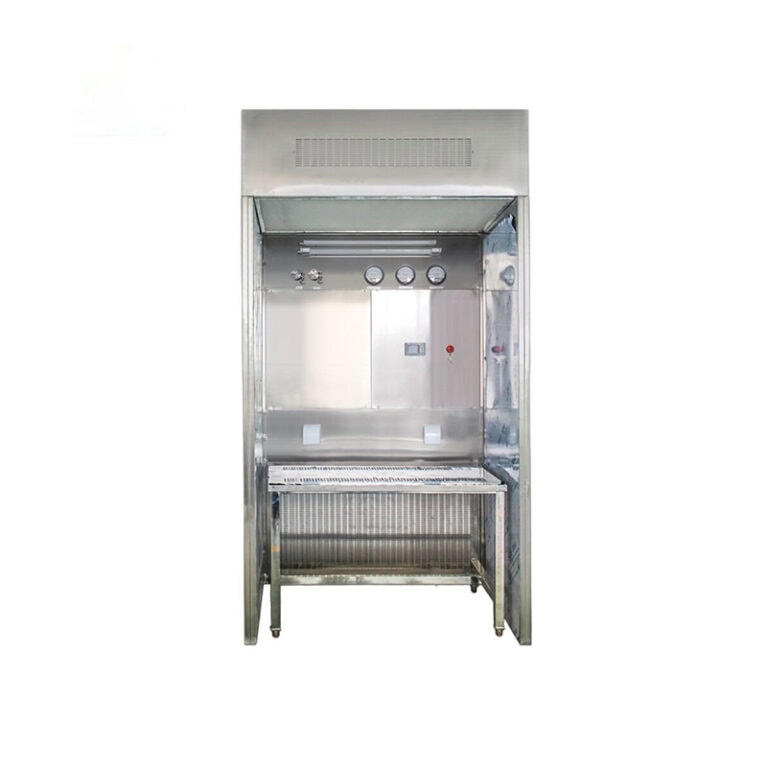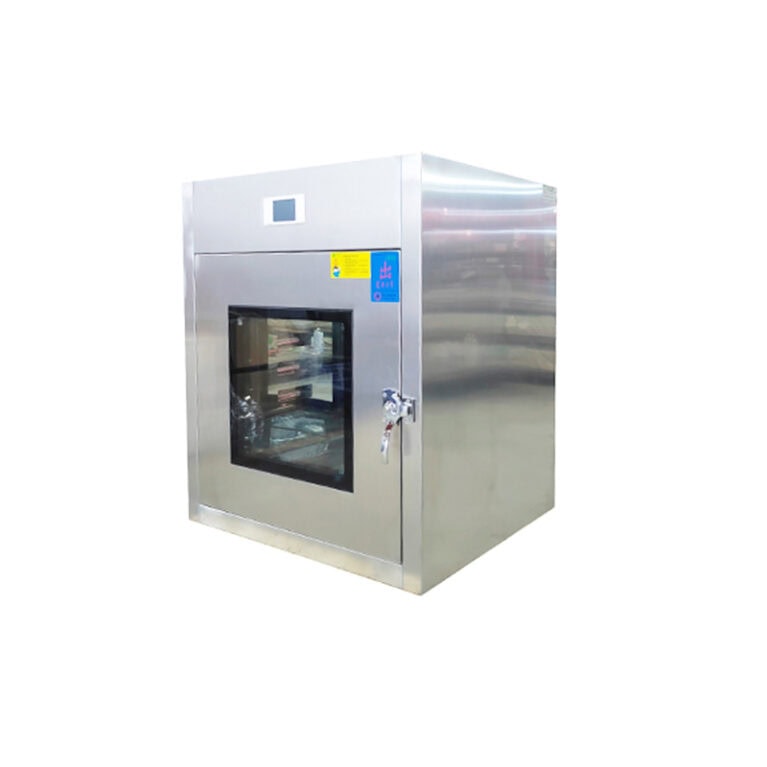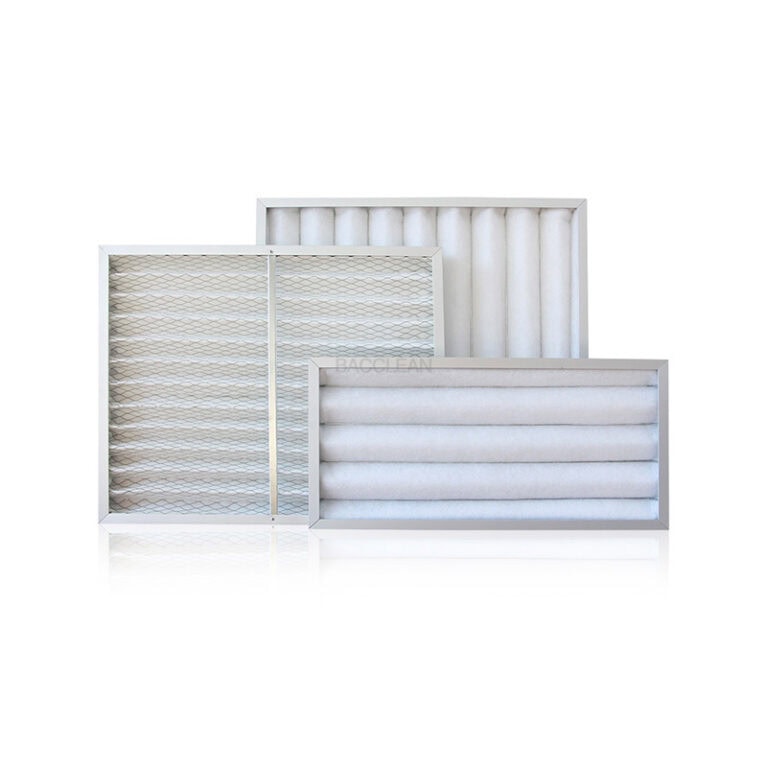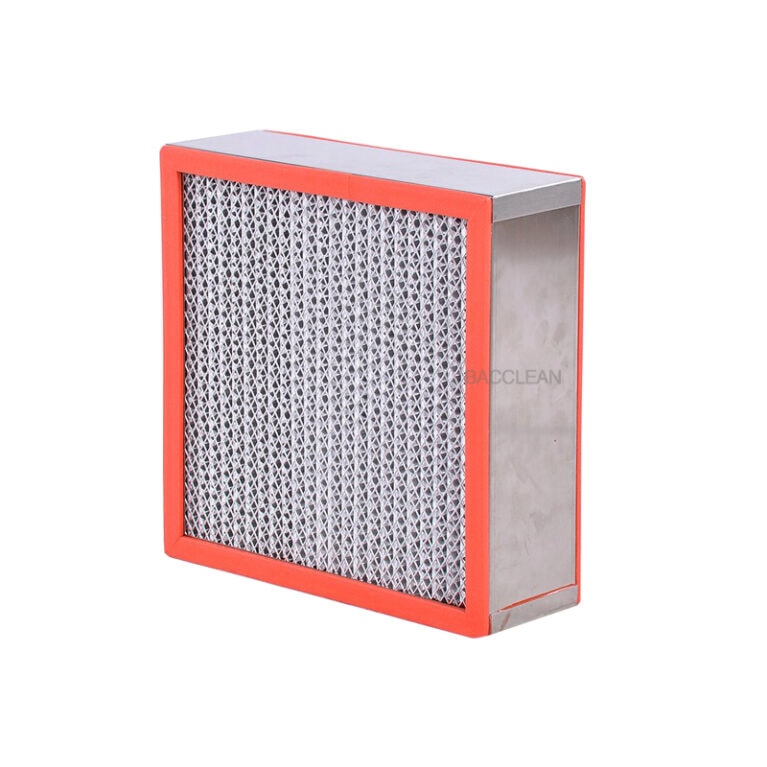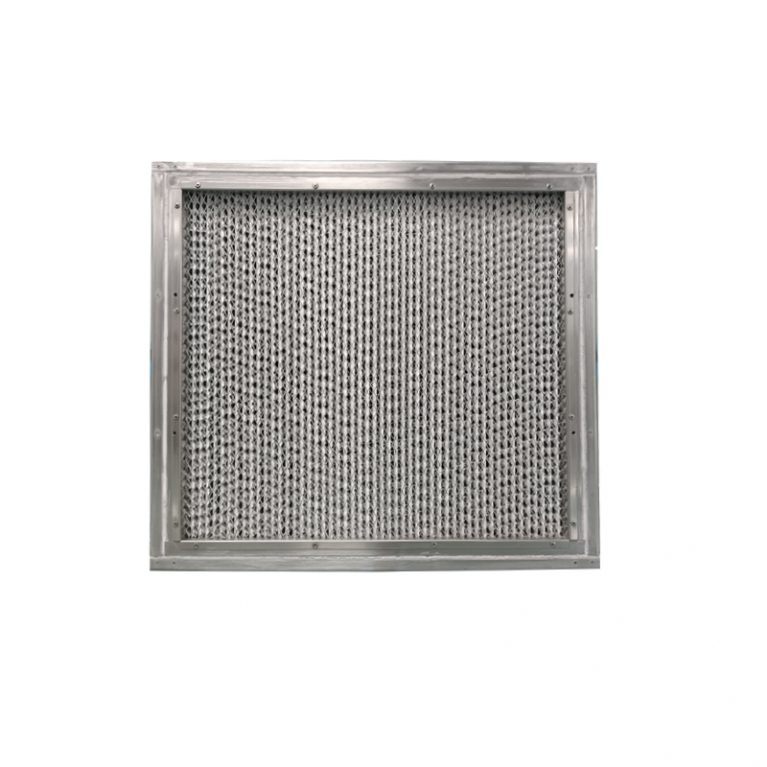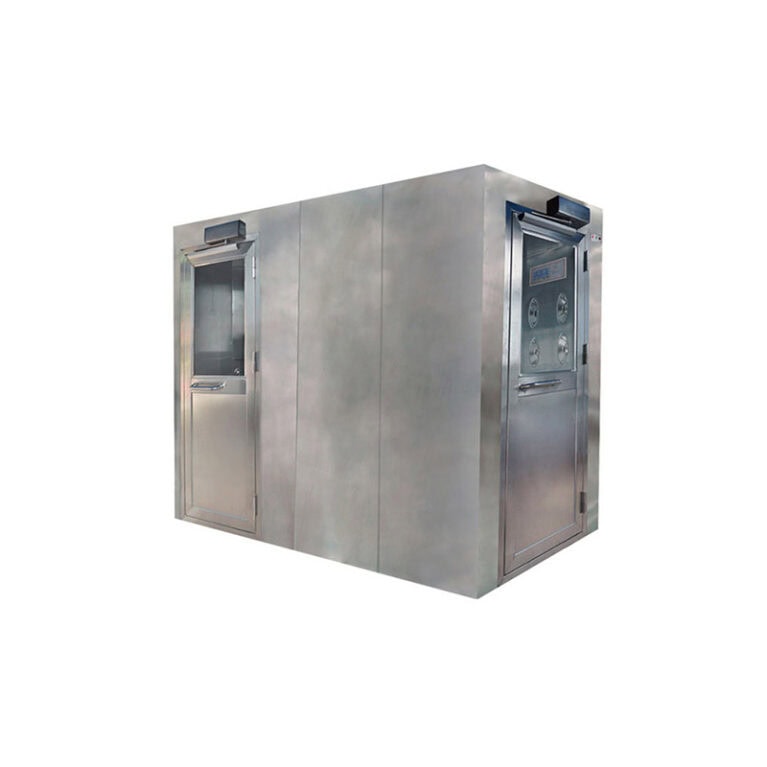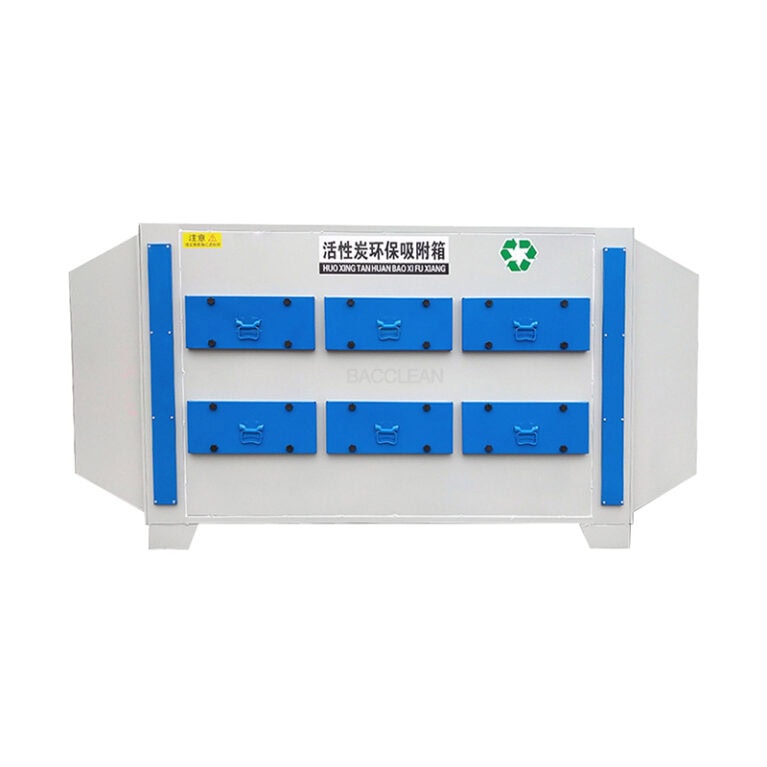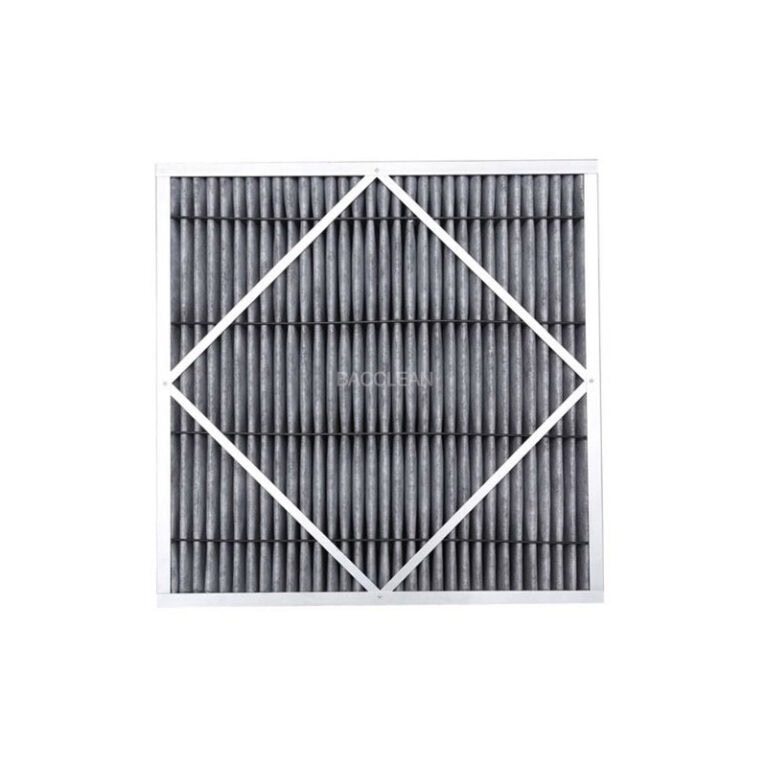إن مرشحات الهواء المدمجة ذات الإطار البلاستيكي المدمج، بكفاءتها المتنوعة في الترشيح، وهياكلها المرنة، وتركيبها وصيانتها المريحة، قابلة للتطبيق على نطاق واسع في سيناريوهات مختلفة، تغطي الاستخدام التجاري والمدني، والإنتاج الصناعي، والرعاية الطبية والصحية، والعديد من المجالات الأخرى. على وجه التحديد على النحو التالي:
I. أنظمة التهوية للمباني التجارية والمدنية
يمكن أن تعمل أنظمة تكييف الهواء المركزية في الأماكن العامة الكبيرة مثل مباني المكاتب ومراكز التسوق والفنادق والملاعب والمطارات والمحطات المكتظة بالسكان كأجهزة معالجة مسبقة أو أجهزة ترشيح نهائية لتدوير الهواء. ويمكنها إزالة الغبار وحبوب اللقاح والجسيمات من الهواء بشكل فعال، وتحسين جودة الهواء الداخلي، وتقليل انزعاج الجهاز التنفسي.
السيناريوهات المدنية الشائعة: أنظمة الهواء النقي المنزلية ومكيفات الهواء التجارية الصغيرة (مثل المطاعم والمتاجر)، إلخ. إنه مناسب بشكل خاص للسيناريوهات ذات متطلبات التركيب والوزن المحدود. يمكن أن تقلل ميزة خفة وزن الإطار البلاستيكي من صعوبة التركيب.
II. غرف التنظيف الصناعية وورش الإنتاج
صناعة التصنيع الدقيق: في ورش عمل إنتاج الإلكترونيات وأشباه الموصلات والرقائق وشاشات العرض البلورية السائلة (LCD)، تتطلب هذه البيئات متطلبات عالية للغاية لنظافة الهواء (مثل غرف التنظيف من الفئة 100-الفئة 10000، حيث تشير "الفئة 100" إلى غرفة نظيفة لا تحتوي على أكثر من 100 جسيم أكبر من 0.5 ميكرون لكل قدم مكعب من الهواء). يمكن استخدام المرشحات عالية الكفاءة المدمجة ذات الإطار البلاستيكي المدمج (مثل درجات H13 وH14، والتي تشير إلى مرشحات HEPA بكفاءة ترشيح 99.95% و99.995% على التوالي للجسيمات التي يبلغ حجمها 0.3 ميكرون) كمرشحات طرفية لاعتراض الجسيمات الأصغر من 0.3 ميكرون، مما يمنع تلوث الغبار الذي قد يؤثر على دقة المنتج.
في الصناعات الغذائية والصيدلانية: مصانع تجهيز الأغذية، وورش تصنيع الأغذية، وورش المستحضرات الصيدلانية، والمختبرات البيولوجية، وما إلى ذلك، من الضروري التحكم الصارم في الملوثات مثل الكائنات الحية الدقيقة والغبار. يمكن استخدام الفلاتر متوسطة الكفاءة وما فوقها (حيث تشير الفلاتر متوسطة الكفاءة عمومًا إلى الفلاتر التي تلتقط 60-95% من الجسيمات بحجم 1-5 ميكرون) جنبًا إلى جنب مع معدات التنقية الأخرى (مثل التطهير بالأشعة فوق البنفسجية، التي تستخدم الأشعة فوق البنفسجية لتدمير الكائنات الحية الدقيقة) لتلبية متطلبات GMP (ممارسات التصنيع الجيدة للمستحضرات الصيدلانية، وهي مجموعة من اللوائح التنظيمية لضمان جودة المنتج) وغيرها من المعايير.
الهندسة الكيميائية والمعالجة الميكانيكية: في بعض الورش الكيميائية وورش الطحن الميكانيكي، يمكن استخدام مرشحات الإطار البلاستيكية الأولية أو متوسطة الكفاءة كمرشحات أولية (مرشحات تزيل الجسيمات الأكبر في المرحلة الأولية قبل الترشيح الدقيق) لاعتراض الجسيمات الكبيرة من الغبار وجزيئات الزيت، وحماية المعدات الدقيقة في النهاية الخلفية (مثل أجهزة التهوية، التي تقوم بتحريك وتدوير الهواء، والمبادلات الحرارية، التي تنقل الحرارة)، وإطالة عمر خدمة النظام.
ثالثاً. المرافق الطبية والصحية
تتطلب المناطق الرئيسية في المستشفيات مثل غرف العمليات ووحدات العناية المركزة وأجنحة التعقيم بيئة هواء نظيفة للغاية. يمكن أن تعمل المرشحات المدمجة ذات الإطار البلاستيكي عالي الكفاءة كمكونات أساسية لنظام التنقية، حيث تقوم بتصفية النواقل البكتيرية والفيروسية (مثل الرذاذ والهباء الجوي) للحد من خطر انتقال العدوى.
مطابقة المعدات الطبية: يجب أن تكون أنظمة السحب في بعض الأدوات الطبية (مثل أجهزة التنفس الصناعي ومعدات العلاج بالليزر) مزودة بمرشحات متوسطة الكفاءة لمنع الشوائب في الهواء من التأثير على تشغيل المعدات أو على صحة المرضى.
رابعا. سيناريوهات خاصة أخرى
شفاطات أبخرة المختبرات: في شفاطات الأبخرة في مختبرات الكيمياء والبيولوجيا، يمكن تركيب مرشحات متوسطة الكفاءة في مختبرات الكيمياء والأحياء لتصفية الغبار والهباء الجوي المتولد أثناء التجارب، مما يحمي العاملين في المختبر والبيئة.
ورشة طلاء السيارات: في مرحلة المعالجة المسبقة لطلاء السيارات، يمكن للمرشحات الأولية ذات الإطار البلاستيكي تصفية جزيئات الغبار الكبيرة في الهواء، وتجنب التأثير على جودة الطلاء.
في الختام، ترتبط سيناريوهات تطبيق مرشحات الهواء المدمجة ذات الإطار البلاستيكي ارتباطًا وثيقًا بكفاءة الترشيح والخصائص الهيكلية. من التهوية اليومية إلى التنظيف الصناعي عالي الدقة، يمكن العثور على أشكال التطبيق المقابلة.
I. أنظمة التهوية للمباني التجارية والمدنية
يمكن أن تعمل أنظمة تكييف الهواء المركزية في الأماكن العامة الكبيرة مثل مباني المكاتب ومراكز التسوق والفنادق والملاعب والمطارات والمحطات المكتظة بالسكان كأجهزة معالجة مسبقة أو أجهزة ترشيح نهائية لتدوير الهواء. ويمكنها إزالة الغبار وحبوب اللقاح والجسيمات من الهواء بشكل فعال، وتحسين جودة الهواء الداخلي، وتقليل انزعاج الجهاز التنفسي.
السيناريوهات المدنية الشائعة: أنظمة الهواء النقي المنزلية ومكيفات الهواء التجارية الصغيرة (مثل المطاعم والمتاجر)، إلخ. إنه مناسب بشكل خاص للسيناريوهات ذات متطلبات التركيب والوزن المحدود. يمكن أن تقلل ميزة خفة وزن الإطار البلاستيكي من صعوبة التركيب.
II. غرف التنظيف الصناعية وورش الإنتاج
صناعة التصنيع الدقيق: في ورش عمل إنتاج الإلكترونيات وأشباه الموصلات والرقائق وشاشات العرض البلورية السائلة (LCD)، تتطلب هذه البيئات متطلبات عالية للغاية لنظافة الهواء (مثل غرف التنظيف من الفئة 100-الفئة 10000، حيث تشير "الفئة 100" إلى غرفة نظيفة لا تحتوي على أكثر من 100 جسيم أكبر من 0.5 ميكرون لكل قدم مكعب من الهواء). يمكن استخدام المرشحات عالية الكفاءة المدمجة ذات الإطار البلاستيكي المدمج (مثل درجات H13 وH14، والتي تشير إلى مرشحات HEPA بكفاءة ترشيح 99.95% و99.995% على التوالي للجسيمات التي يبلغ حجمها 0.3 ميكرون) كمرشحات طرفية لاعتراض الجسيمات الأصغر من 0.3 ميكرون، مما يمنع تلوث الغبار الذي قد يؤثر على دقة المنتج.
في الصناعات الغذائية والصيدلانية: مصانع تجهيز الأغذية، وورش تصنيع الأغذية، وورش المستحضرات الصيدلانية، والمختبرات البيولوجية، وما إلى ذلك، من الضروري التحكم الصارم في الملوثات مثل الكائنات الحية الدقيقة والغبار. يمكن استخدام الفلاتر متوسطة الكفاءة وما فوقها (حيث تشير الفلاتر متوسطة الكفاءة عمومًا إلى الفلاتر التي تلتقط 60-95% من الجسيمات بحجم 1-5 ميكرون) جنبًا إلى جنب مع معدات التنقية الأخرى (مثل التطهير بالأشعة فوق البنفسجية، التي تستخدم الأشعة فوق البنفسجية لتدمير الكائنات الحية الدقيقة) لتلبية متطلبات GMP (ممارسات التصنيع الجيدة للمستحضرات الصيدلانية، وهي مجموعة من اللوائح التنظيمية لضمان جودة المنتج) وغيرها من المعايير.
الهندسة الكيميائية والمعالجة الميكانيكية: في بعض الورش الكيميائية وورش الطحن الميكانيكي، يمكن استخدام مرشحات الإطار البلاستيكية الأولية أو متوسطة الكفاءة كمرشحات أولية (مرشحات تزيل الجسيمات الأكبر في المرحلة الأولية قبل الترشيح الدقيق) لاعتراض الجسيمات الكبيرة من الغبار وجزيئات الزيت، وحماية المعدات الدقيقة في النهاية الخلفية (مثل أجهزة التهوية، التي تقوم بتحريك وتدوير الهواء، والمبادلات الحرارية، التي تنقل الحرارة)، وإطالة عمر خدمة النظام.
ثالثاً. المرافق الطبية والصحية
تتطلب المناطق الرئيسية في المستشفيات مثل غرف العمليات ووحدات العناية المركزة وأجنحة التعقيم بيئة هواء نظيفة للغاية. يمكن أن تعمل المرشحات المدمجة ذات الإطار البلاستيكي عالي الكفاءة كمكونات أساسية لنظام التنقية، حيث تقوم بتصفية النواقل البكتيرية والفيروسية (مثل الرذاذ والهباء الجوي) للحد من خطر انتقال العدوى.
مطابقة المعدات الطبية: يجب أن تكون أنظمة السحب في بعض الأدوات الطبية (مثل أجهزة التنفس الصناعي ومعدات العلاج بالليزر) مزودة بمرشحات متوسطة الكفاءة لمنع الشوائب في الهواء من التأثير على تشغيل المعدات أو على صحة المرضى.
رابعا. سيناريوهات خاصة أخرى
شفاطات أبخرة المختبرات: في شفاطات الأبخرة في مختبرات الكيمياء والبيولوجيا، يمكن تركيب مرشحات متوسطة الكفاءة في مختبرات الكيمياء والأحياء لتصفية الغبار والهباء الجوي المتولد أثناء التجارب، مما يحمي العاملين في المختبر والبيئة.
ورشة طلاء السيارات: في مرحلة المعالجة المسبقة لطلاء السيارات، يمكن للمرشحات الأولية ذات الإطار البلاستيكي تصفية جزيئات الغبار الكبيرة في الهواء، وتجنب التأثير على جودة الطلاء.
في الختام، ترتبط سيناريوهات تطبيق مرشحات الهواء المدمجة ذات الإطار البلاستيكي ارتباطًا وثيقًا بكفاءة الترشيح والخصائص الهيكلية. من التهوية اليومية إلى التنظيف الصناعي عالي الدقة، يمكن العثور على أشكال التطبيق المقابلة.

